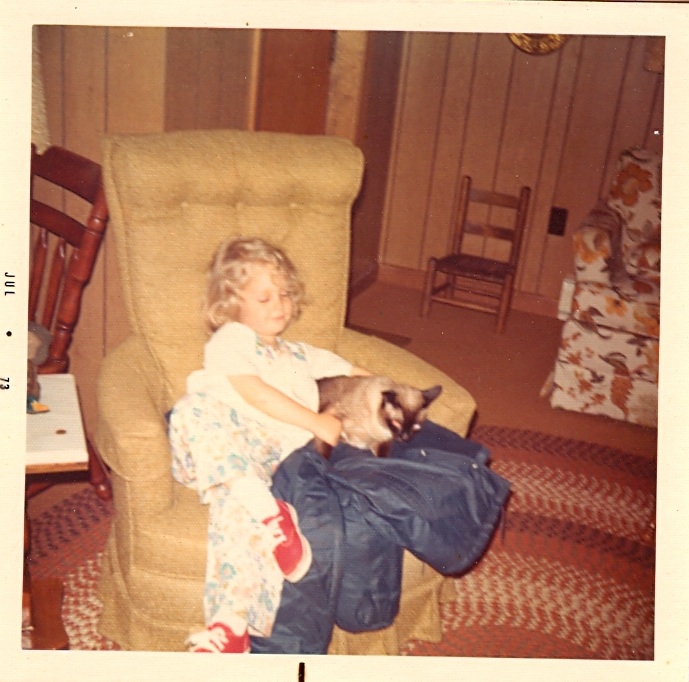I was in a strange bed last night in a house of unfamiliar sounds, rain pounding intermittently against the century-old façade. My 3:00 am wakeup was spent preoccupied with the thin threads of life, the contingencies of existence, the way we can cling to something that adds up as it slips away.
I once lived passionately, with drama, tears, and tender, aching pain. While there is something compelling about such intensity, it cannot be sustained. The dependency of infancy, the skill acquisition of childhood, and the tinder of adolescence feed adulthood’s warm flame. And here I am. The fire still burns. The light and heat are companionable. But flame eventually turns to ember, the wood to charcoal and ash.
The people who moved this cottage here almost 90 years ago are long dead. The mid-century day trippers who smoked on its porch live on in memory. The local gamblers of the polyester 70s, disco-slim with a wide roiling of bellbottoms, have slowed down for the final curves. My hair is turning grey; my grip relaxing. And the boy grows into himself while we watch, supportive, present, observing with wonder how a healthy plant grows towards the light.
What will he remember of us, of this time? Thirteen for me was tension and silence. It was never doing anything right. It was that feeling of sap rising, of enormous widening possibility. Thirteen smelled of nervous sweat and White Linen. It was crushes and code names, Ralph Lauren and Esprit, the go-go, name brand 80s, over and done with. The story repeats and yet is never the same way twice.
I’m still figuring out how to handle the narrowing of possibility, how much to feed the flames. I am philosophical about it, prepare myself in advance for the slowing. I wonder what will open up for the boy, am excited to see him unfold as I relax into what life will become.




